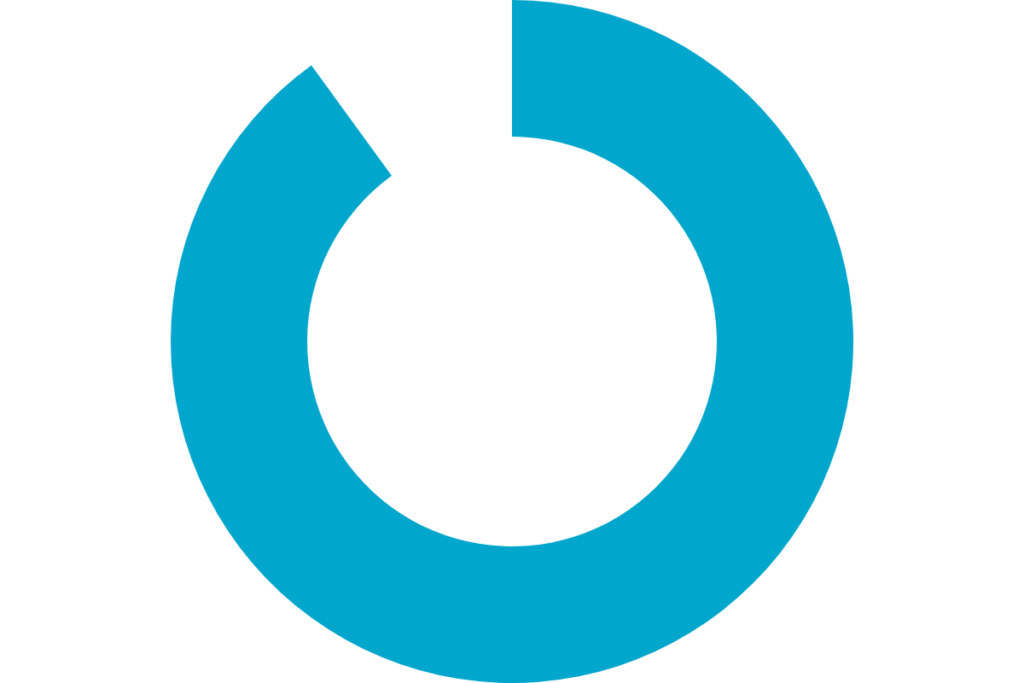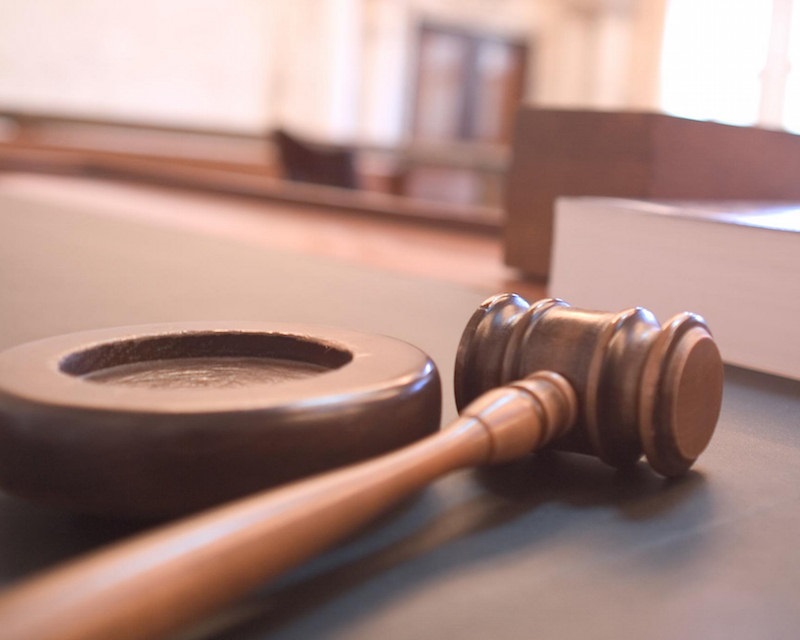Providing Trafficking Survivors A Pathway To Clear Criminal Records
By its very definition, the crime of human trafficking involves being forced, manipulated or tricked into activities that a person would not otherwise engage in – such as selling sexual services or doing any kind of work without pay. Research finds that the majority of trafficking survivors report having some kind of a criminal record as a result of being trafficked. Criminalizing survivors for things their traffickers forced them to do flies in the face of logic. Trafficking survivors should have access to a simple, dignified and affordable process that allows them to fully clear their criminal records and move on with their lives in true freedom.

“My abuser forced me to post ads online, pay the phone bills and get his cars fixed. Those actions were enough to land me in prison. I am still facing many hardships and I’m still being punished for being exploited.“
– Human Trafficking Survivor

State Criminal Record Relief
Many states have attempted to provide relief by giving trafficking victims a path toward having criminal records cleared. We offer detailed report cards for each state, assessing what works and what doesn’t in their laws – if they have one – and providing clear steps for improvement. Today, all but three remaining states (Alaska, Iowa, and Maine) and the federal government offer some form of criminal record relief specific for survivors of trafficking
90 percent of survivors with a criminal record reported at least some or all was related to their trafficking experience.
– Polaris National Survivor Study

Survivor Stories
In these videos survivors of human trafficking share the challenges and difficulties they face in clearing their unjust criminal records and how those records make it hard to move forward, heal and rebuild their lives.
Federal Criminal Records Relief
The federal government doesn’t have a pathway for federally criminalized trafficking survivors to clear their records. The Trafficking Survivors Relief Act of 2022 would change that and is an important step forward. But the bill leaves out too many survivors whose complex situations make them ineligible for relief. Below are details about the legislation as well as suggested improvements.
What’s in the Trafficking Survivors Relief Act
- Trafficking survivors with federal criminal records are eligible for vacatur only if convicted of nonviolent crimes that do not involve a victim who was a minor.
- Convictions can be vacated entirely – the highest level of relief because it suggests that the person never should have been convicted in the first place. Arrests without convictions can be expunged (erased from their record).
- A survivor whose conviction is vacated is regarded under Federal law as never being arrested or convicted and if they are an immigrant then they cannot be deported or denied immigration benefits or relief due to their conviction or arrest for the vacated offense.
- Survivors must show by clear and convincing evidence that their conviction was a direct result of their trafficking victimization. This means that a survivor must prove that it is highly probable that their claim is true. An affidavit or sworn testimony from the survivor can be sufficient evidence to clear their criminal record if the testimony is credible and no other evidence is available.
- All motions are filed under seal which protects the confidentiality and privacy of survivors applying for relief.
- Courts will have to report the number of motions they receive and the offenses, responses, and final determinations for each motion. This allows legislators and advocates to see who is applying, who is gaining relief, and who is being denied. This will help to determine any future changes and adaptations to make the legislation more expansive and inclusive for survivors.
What Needs Improvement
- The kinds of offenses that can be cleared should be expanded. This may require that additional mechanisms be in place, such as allowing for hearings in certain cases where survivors can explain how the charges were related to their victimization and judges can use their discretion to determine eligibility for record relief.
- Currently, a survivor’s conviction has to be a “direct result” of their trafficking victimization. This can be difficult to prove and restrictive in what applies. Changing the terminology to “as a result” gives more leeway for survivors to prove how convictions are connected to their trafficking victimization.
- Instead of requiring survivors to prove their offense is connected to their victimization by “clear and convincing evidence”, the burden of proof should be changed to a “preponderance of the evidence.” This means that a survivor must prove that it is more likely than not that they were a victim of trafficking at the time they were arrested for a criminal offense.
- Should a hearing be necessary, there should be provisions to have survivors appear electronically to spare the expense and potential danger of traveling to where their trafficker still may be residing.
- The U.S. Supreme Court’s decision in Nelson v. Colorado found that survivors should have all fines and fees they paid as a result of their convictions returned to them. This should be included in the federal bill explicitly to ensure states recognize this obligation as well. Survivors should not be charged for the process of having their records cleared.
Ways to Support Survivors

Contact Your Representatives
The Trafficking Survivors Relief Act is legislation is far from perfect, but it is a good first step toward giving federally criminalized survivors a real shot at real freedom. Contact your representatives today and ask for their support.

Give Today
Human trafficking survivors deserve to be able to clear their criminal records so they can move on from the pain of their exploitation. Give now to support victims and survivors and help us continue to prevent victims from criminalization.





